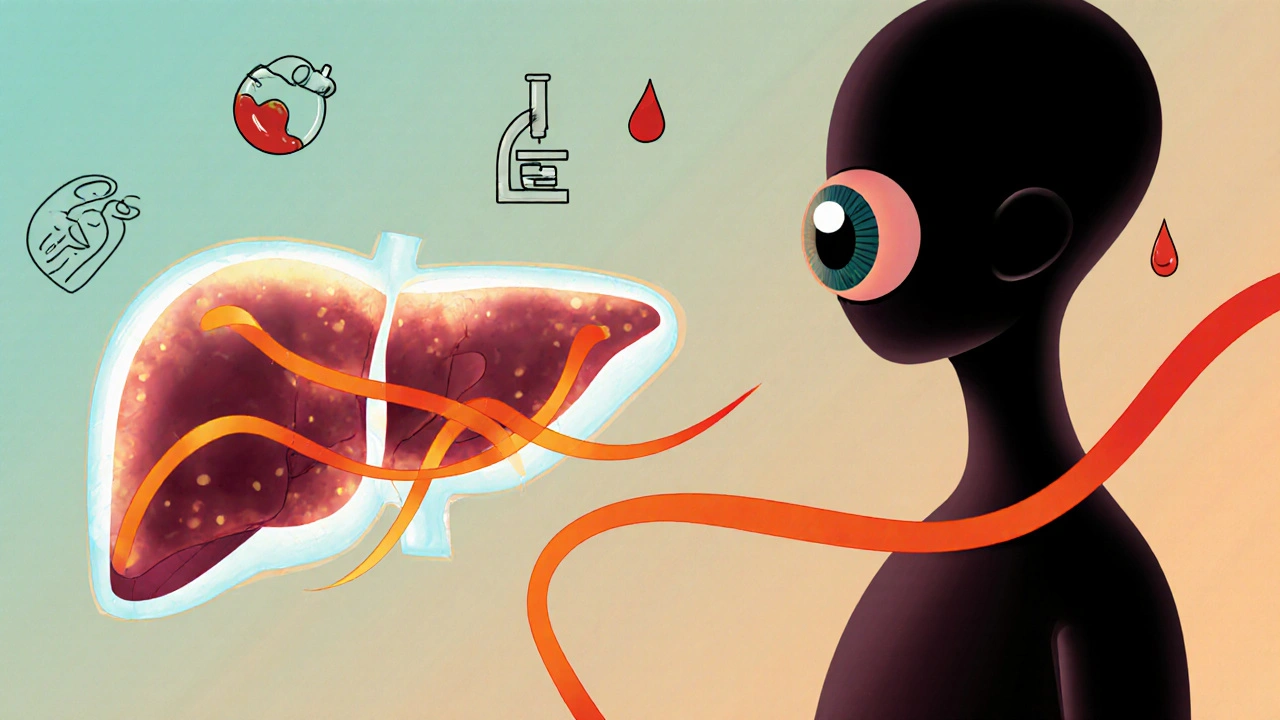Vision Problems: Causes, Medications, and What You Can Do
When you notice your vision getting blurry, your eyes feel dry, or lights seem too bright, you’re dealing with vision problems, changes in how clearly or comfortably you see that can stem from medical conditions, medications, or environmental factors. Also known as visual disturbances, these aren’t always harmless quirks—they can signal something deeper, like high blood pressure, diabetes, or even a side effect from a drug you’re taking daily.
Many people don’t realize that common prescriptions can directly affect their eyes. For example, metoprolol, a beta-blocker used for high blood pressure and heart conditions, has been linked to dry eyes and reduced night vision in some users. Same with Yasmin, a birth control pill containing drospirenone and ethinyl estradiol—some women report blurred vision or eye dryness after starting it. Even over-the-counter pain relievers like diclofenac, an NSAID used for inflammation and pain, can cause temporary vision changes in sensitive individuals. These aren’t rare reports. They’re documented side effects, and they’re often ignored until they start affecting daily life.
It’s not just pills. Conditions like diabetes, autoimmune diseases, and even dehydration can throw off your vision. Dry eyes, one of the most common vision complaints, often get dismissed as just "getting older"—but they can be worsened by antihistamines, antidepressants, and long hours on screens. And if you’re on long-term steroids or certain antibiotics, your risk for cataracts or retinal issues goes up. The real issue? Most people don’t connect their eye symptoms to their meds or health history. They just buy reading glasses and move on. But if your vision changed suddenly after starting a new drug, or if you’re getting headaches and blurry vision together, that’s not normal. That’s your body trying to tell you something.
What you’ll find below is a collection of real, practical guides that cut through the noise. You’ll see how specific medications like Reglan, Clonidine, and Sertraline might affect your eyes. You’ll learn how iron supplements, birth control, and painkillers are tied to vision changes. No fluff. No vague advice. Just clear links between what you’re taking and what you’re seeing—or not seeing. If you’ve ever wondered if your meds are messing with your vision, these posts will show you exactly how and what to do next.
How Chronic Hepatitis C Affects Your Vision and Eye Health
Explore how chronic hepatitis C can damage vision, the eye conditions linked to it, and what you can do to protect your eye health.
More
